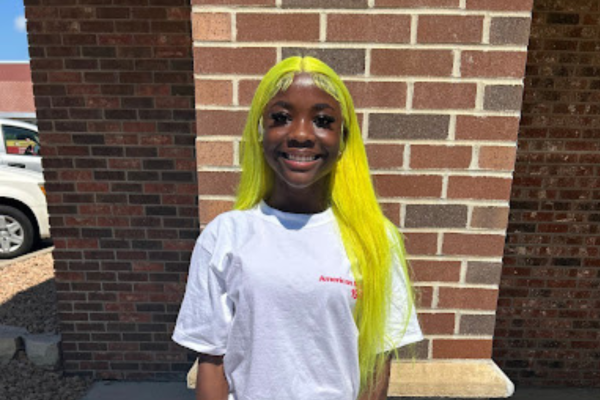News stories you might have missed
FABIO RODRIGUES-POZZEBOM/ABR/ Wikimedia Commons
Nicholas Maduro was indicted by Attorney General William Barr for drug trafficking and narco-terrorism.
March 30, 2020
For the past month, COVID-19 has dominated media coverage, leaving less for other major events. Here are some recent news stories that you might have missed:
1- On March 26, Attorney General William Barr officially indicted Nicolás Maduro, President of Venezuela, on accounts of drug trafficking, narco-terrorism and leading a violent drug cartel. Barr also announced a $15 million reward for any information that could help lead to Maduro’s arrest. As Barr said, Venezuela needs but lacks “an effective government that cares about the people.” Currently, the U.S. recognizes Juan Guaidó as President, and not Maduro. Indictment of a foreign head of state, while largely considered escalatory, is also a fairly atypical act, even for the U.S. This is especially true given that Barr also indicted the Columbian revolutionary group FARC for the same reasons. President Maduro condemned the indictment on Twitter, accusing the U.S. of trying to interfere and defeat him. However, Barr doubled down on the indictment, stating that he saw Venezuela as a country “plagued by criminality and corruption.”
2- Sen. Sanders and Former Vice President Joe Biden, through virtual rallies, ‘fireside chats’ and video addresses, have continued their campaigns for the Democratic nomination, despite both of them focusing most strongly on the present pandemic. Sanders stated that he would love to participate in another debate with Biden (which would be the second of their one-on-one debates), while Biden responded, “I haven’t thought about any more debates. I think we’ve had enough debates. I think we should get on with this.” Biden’s remarks came just a week after his major victories in primaries in Arizona, Florida and Illinois on March 17 (Ohio postponed theirs). Because Sanders indicated his support for this near-future debate, it is likely he will continue to campaign and remain in the race for the weeks to come. However, this may change as more and more states postpone their primaries.
3- A new study conducted at a Neanderthal site in southern Portugal concluded that local Neanderthals locally relied on the sea’s fauna, including sharks and dolphins, for food. This team determined that the Figueira Brava Neanderthals (and perhaps others) relied on such marine food for about 50% of their diet. One of several studies on the topic, this one provides more evidence to suggest our evolutionary relatives were skillfully gathering food from seas and rivers, even 106,000 years ago. The study also found that these Figueira Brave Neanderthals used shells they gathered to create ‘middens,’ or pile structures formed entirely of shells invested in heavily by these coastal hunter-gatherers (to the point where they even had burials with them). “They are important as they suggest a systematic and organised behaviour, from collection to processing to discard,” said UCL’s Dr. Matthew Pope. Further theories by the researchers suggest that certain acids contained in this seafood contributed to “enhanced cognitive development in early modern humans,” which is certainly a major conclusion.









